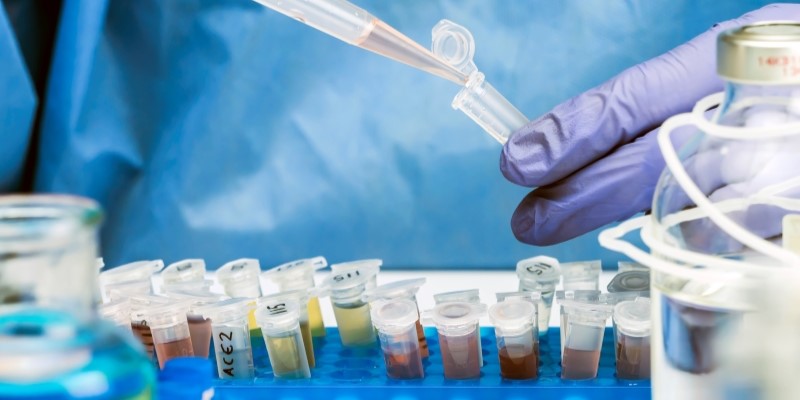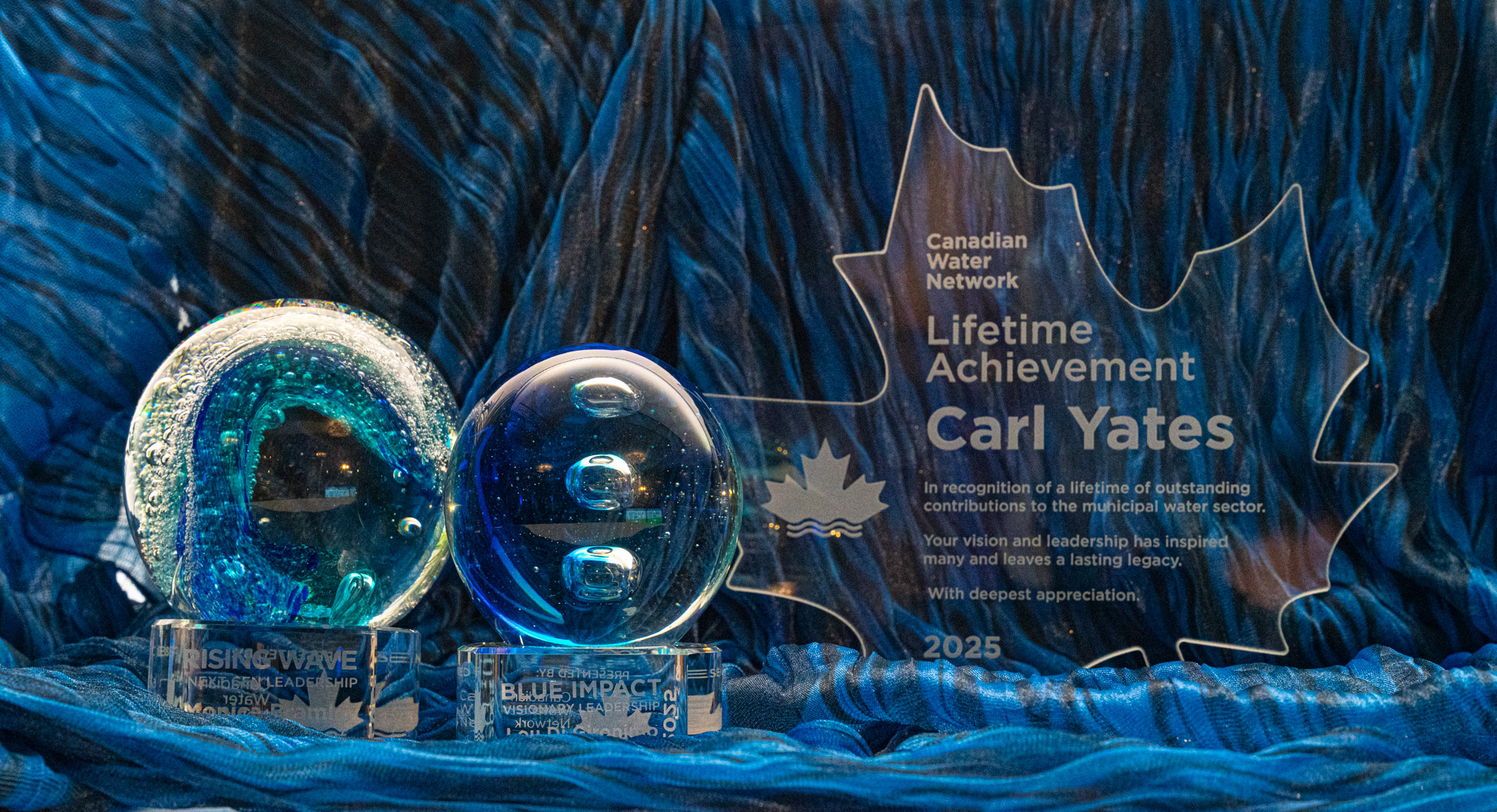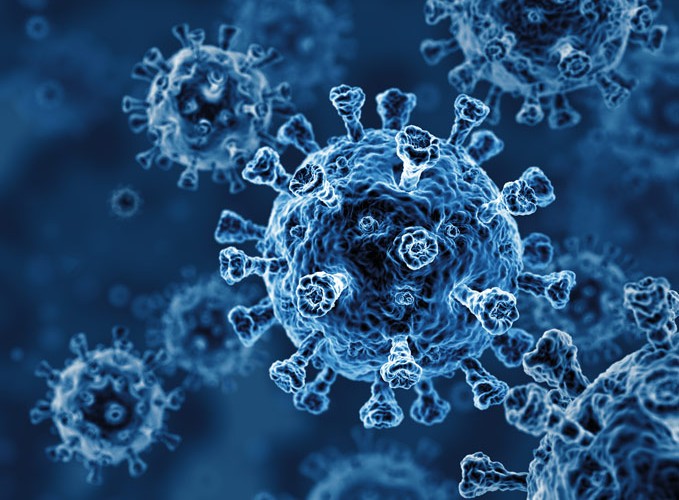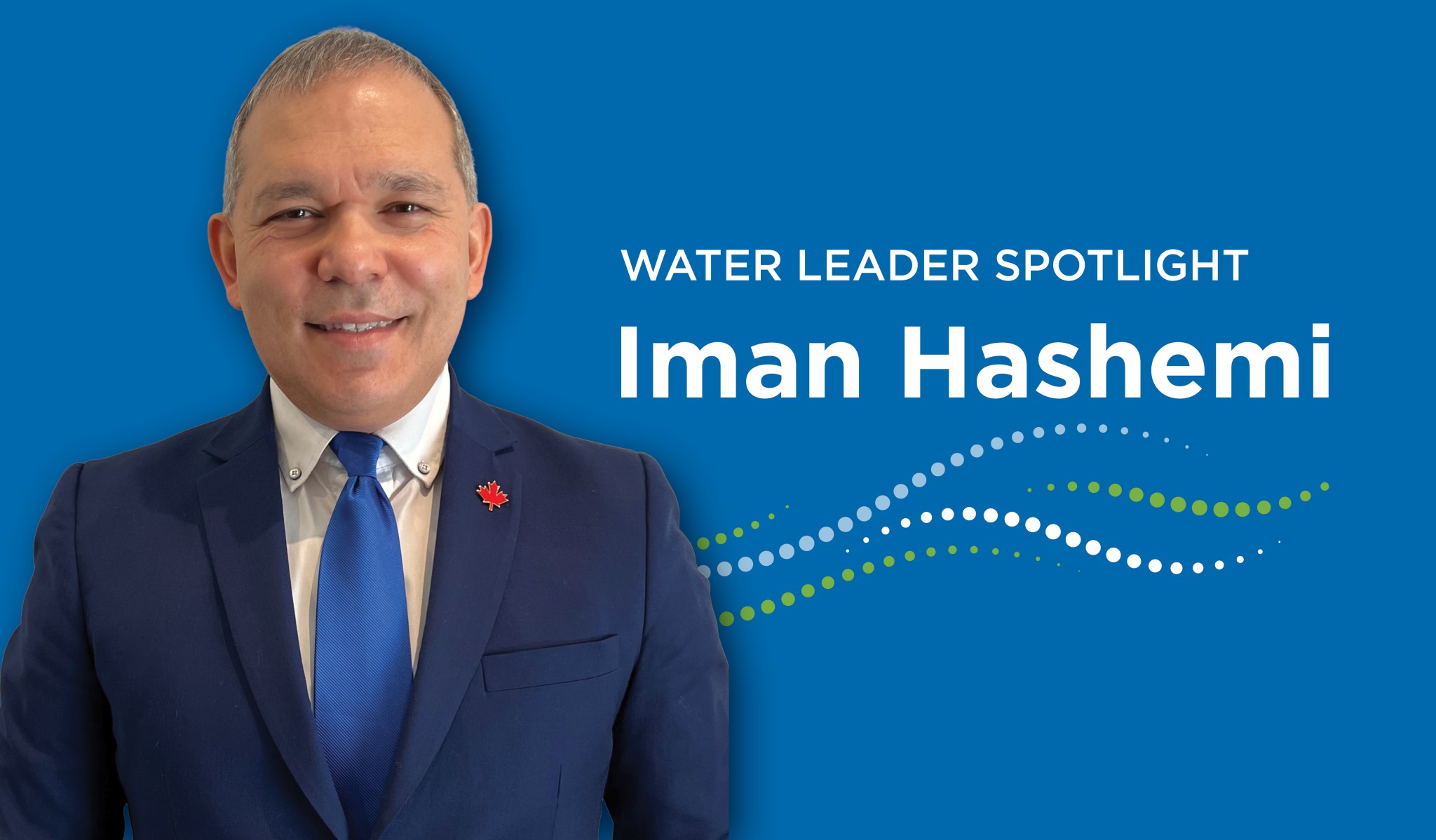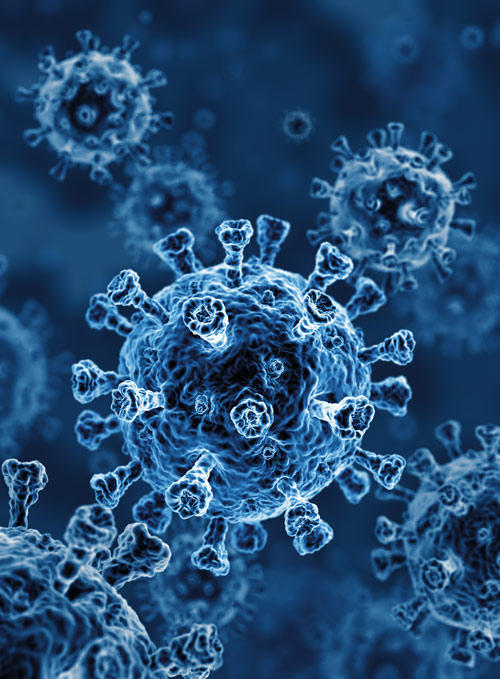
Wastewater-based surveillance is a rapidly evolving area. When we understand and communicate the data effectively, it can benefit communities.
Canadian Water Network (CWN) and the National Collaborating Centre for Infectious Diseases (NCCID) teamed up to help local public health practitioners and provincial health agencies effectively use wastewater-based surveillance (WBS) data to inform public health decisions.
Who was involved?
- Local public health practitioners.
- Provincial and territorial public health agencies.
- Communities and health units across Canada, including Northern Indigenous communities.
What did the program offer?
- Knowledge sharing amongst program participants.
- Insights from national and international experts.
- Publicly available resources and webinars.
Highlights
Expert Advisory Group
CWN and NCCID assembled a distinguished group of experts to provide guidance and insights that informed our work. The expert advisory group was made up of leading researchers, innovators, and practitioners in the field of WBS. By sharing their knowledge of cutting-edge research, emerging innovations, and best practices, this group helped ensure that our work remained at the forefront of this rapidly evolving area.
Funding
The 2024-25 program was undertaken with financial support from the Government of Canada through the Public Health Agency of Canada’s (PHAC) National Microbiology Laboratory. The 2023-24 pilot program was undertaken with financial support from the Government of Canada through PHAC’s National Microbiology Laboratory and Indigenous Services Canada.



